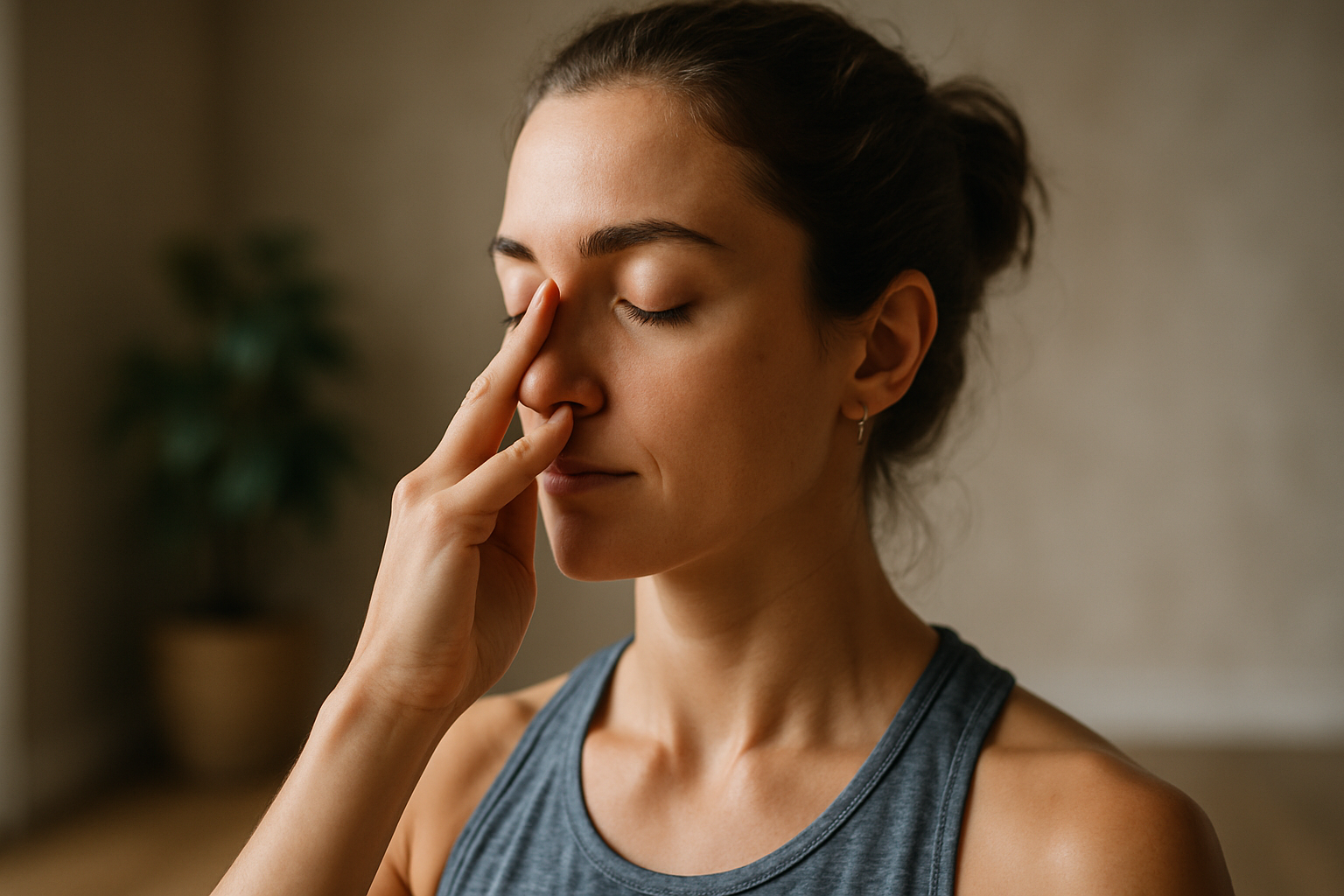Simple sleep routines that improve recovery and focus
Establishing straightforward sleep routines can strengthen physical recovery and sharpen daytime focus. This article outlines actionable habits that connect sleep with nutrition, movement, mindfulness, hydration and stress management to support resilience and long-term wellbeing.

Good sleep is a cornerstone of daily performance and long-term wellbeing, and simple, repeatable routines can make measurable differences in recovery and focus. Combining predictable bedtime habits with attention to nutrition, movement and hydration helps the body restore muscle, consolidate memory and regulate stress hormones. Small adjustments—consistent sleep timing, a calming pre-sleep ritual, balanced evening meals and brief mindful practices—stack over weeks to improve immune function, mental clarity and resilience. This article explains practical routines that align sleep with recovery and daily focus while avoiding overcomplication.
How does a routine support wellbeing?
A stable sleep routine signals the body’s internal clock, or circadian rhythm, which helps regulate hormone release, body temperature and alertness. Going to bed and waking at similar times daily improves sleep efficiency and reduces fragmentation, which supports cognitive function and emotional balance. For wellbeing, pair consistent timing with a wind-down period of 30–60 minutes that avoids bright screens and stressful tasks. Over time this predictable pattern reduces sleep latency and supports sustained energy during the day, which contributes to prevention of chronic stress and greater overall resilience.
What nutrition supports sleep and recovery?
Evening nutrition influences restoration and next-day focus. Aim for meals that balance protein, healthy fats and complex carbohydrates earlier in the evening to stabilize blood sugar without heavy digestion close to bedtime. Small portions of magnesium-rich foods, lean protein or whole grains can support muscle repair and neurotransmitter synthesis overnight. Limit alcohol and large or spicy meals late at night, since they can disrupt deep sleep stages important for physical recovery and memory consolidation. Hydration matters, but time fluids to avoid nocturnal awakenings.
How does movement and fitness contribute?
Regular movement and targeted fitness routines support recovery and sleep quality by promoting metabolic health and tiredness at night. Moderate aerobic activity and resistance training earlier in the day tend to improve sleep onset and slow-wave sleep, which aids tissue repair. Avoid very intense workouts within an hour or two of bedtime for some people, as they can temporarily raise cortisol and body temperature. Short mobility or stretching sessions in the evening can ease muscle tension and cue the body for rest without compromising recovery processes.
Can mindfulness reduce stress and improve concentration?
Brief mindfulness or breathing practices before bed help down-regulate the nervous system and reduce pre-sleep rumination that fragments sleep. Techniques such as box breathing, a short body-scan, or guided relaxation for 5–15 minutes can lower sympathetic activity and promote deeper restorative sleep. By improving sleep continuity, mindfulness supports daytime concentration and emotional regulation. Integrate these practices into the nightly routine to reinforce the association between the ritual and the onset of restful sleep.
How does hydration affect recovery and immunity?
Proper hydration supports cellular repair, circulation and immune processes during sleep, but timing and quantity matter. Drink regular fluids through the day and taper intake in the hour before bed to minimize interruptions. Electrolyte balance—adequate sodium, potassium and magnesium through food—can reduce cramping and night-time awakenings. Well-hydrated tissues recover more efficiently, and maintaining fluid balance supports immune responses that are active during deep sleep cycles.
How to build a sleep-focused routine for resilience and longevity?
Design a simple, repeatable evening sequence: consistent sleep window, light reduction, gentle movement or stretching, a brief mindfulness session, and a balanced evening meal timed a few hours before bed. Track how changes affect morning alertness and recovery metrics like muscle soreness and mood. Adjust brightness, temperature and noise to suit personal comfort. These routines are prevention-focused: they reduce cumulative stress on the body, support immunity and contribute to long-term resilience and longevity when practiced consistently.
This article is for informational purposes only and should not be considered medical advice. Please consult a qualified healthcare professional for personalized guidance and treatment.
In summary, straightforward sleep routines that combine timing consistency, targeted nutrition, regular movement, mindfulness and sensible hydration create a stable environment for recovery and sharper daytime focus. Small, sustainable habits practiced consistently tend to yield the most reliable improvements in energy, immunity and cognitive resilience.






